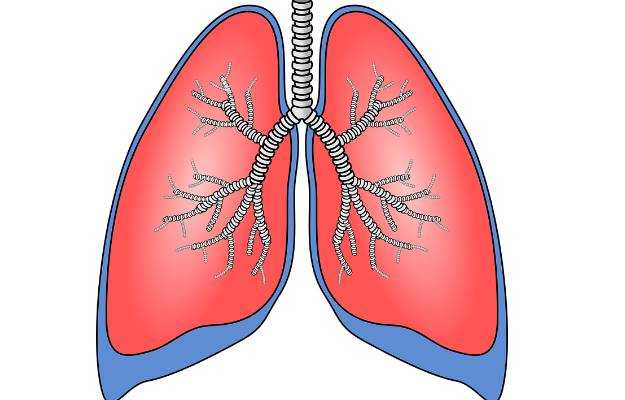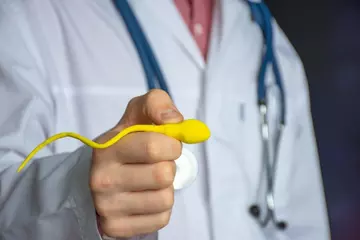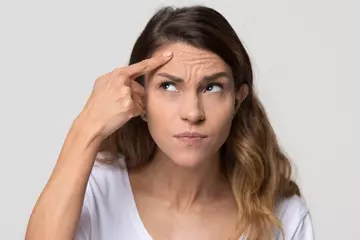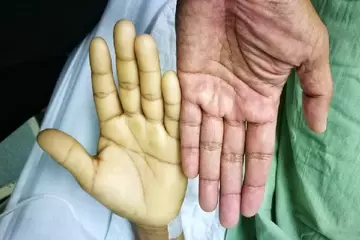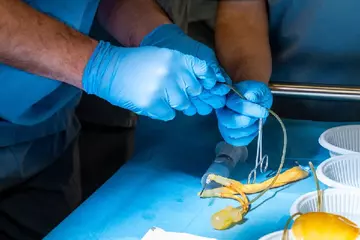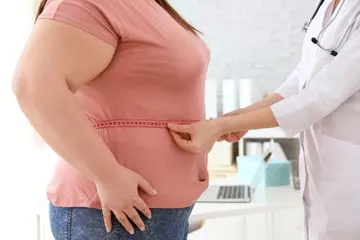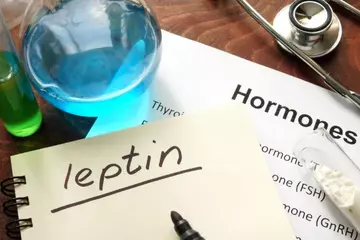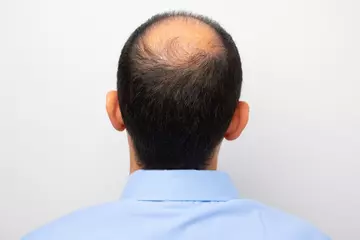What is Respiratory Depression?
Respiratory depression, also known as hypoventilation, is a breathing disorder characterised by a higher level of carbon dioxide and extremely low oxygen levels in the body due to slow and ineffective breathing.
What are its main signs and symptoms?
Signs and symptoms of the condition differ based on the severity. In the case of mild to moderate condition, the most common symptoms include:
- Shortness of breath.
- Fatigue or tiredness.
- Feeling sleepy throughout the day.
- Slow and shallow breathing (rapid breathing is rarely seen).
- Depression.
As the condition becomes severe with the amount of carbon dioxide increasing the following symptoms may be noted:
What are the main causes?
Respiratory depression is mainly caused by
- Being overweight or obese, where extra efforts are required for breathing.
- Airway collapse during sleep, also known as obstructive sleep apnoea.
- Certain deformities related to the chest wall, which interfere with the ability to breathe properly.
- Certain long-standing or chronic lung diseases that lead to blocked airways [e.g., chronic obstructive pulmonary disease (COPD), cystic fibrosis]
- Disturbed control over basic functions, such as breathing, due to brain injury.
- Weakened muscles that control breathing owing to neuromuscular diseases.
- Certain medications, such as opioids, sedatives, barbiturates, benzodiazepines, or large doses of central nervous system depressant drugs.
- Excessive alcohol consumption.
How is it diagnosed and treated?
The physician takes a complete history of the symptoms followed by a thorough physical examination; the following tests may be advised thereafter to determine the cause:
- Blood tests
- Pulse oximetry test to check the level of oxygen in the bloodstream.
- Haematocrit and haemoglobin estimation to check the level of oxygen-carrying cells in the blood.
- Blood gas test to check carbon dioxide and oxygen levels along with the acid/base balance of the blood.
- Chest X-ray to rule out abnormalities.
- Lung function test.
- Sleep study to rule out sleep-related disorders (sleep apnoea).
Management of respiratory depression involves treating the cause of hypoventilation. A few therapies are mentioned below:
- Weight loss in people who are overweight or obese.
- Treatment of chest deformity with surgery.
- Oxygen therapy for efficient breathing.
- Treatment of chronic lung disease.
- Medication to open airways.
- Discontinuation of medications acting as triggers.
- Continuous positive airway pressure (CPAP) or bilevel positive airway pressure (BiPAP) machine for maintaining the patency of the airway.

 OTC Medicines for Respiratory Depression
OTC Medicines for Respiratory Depression

